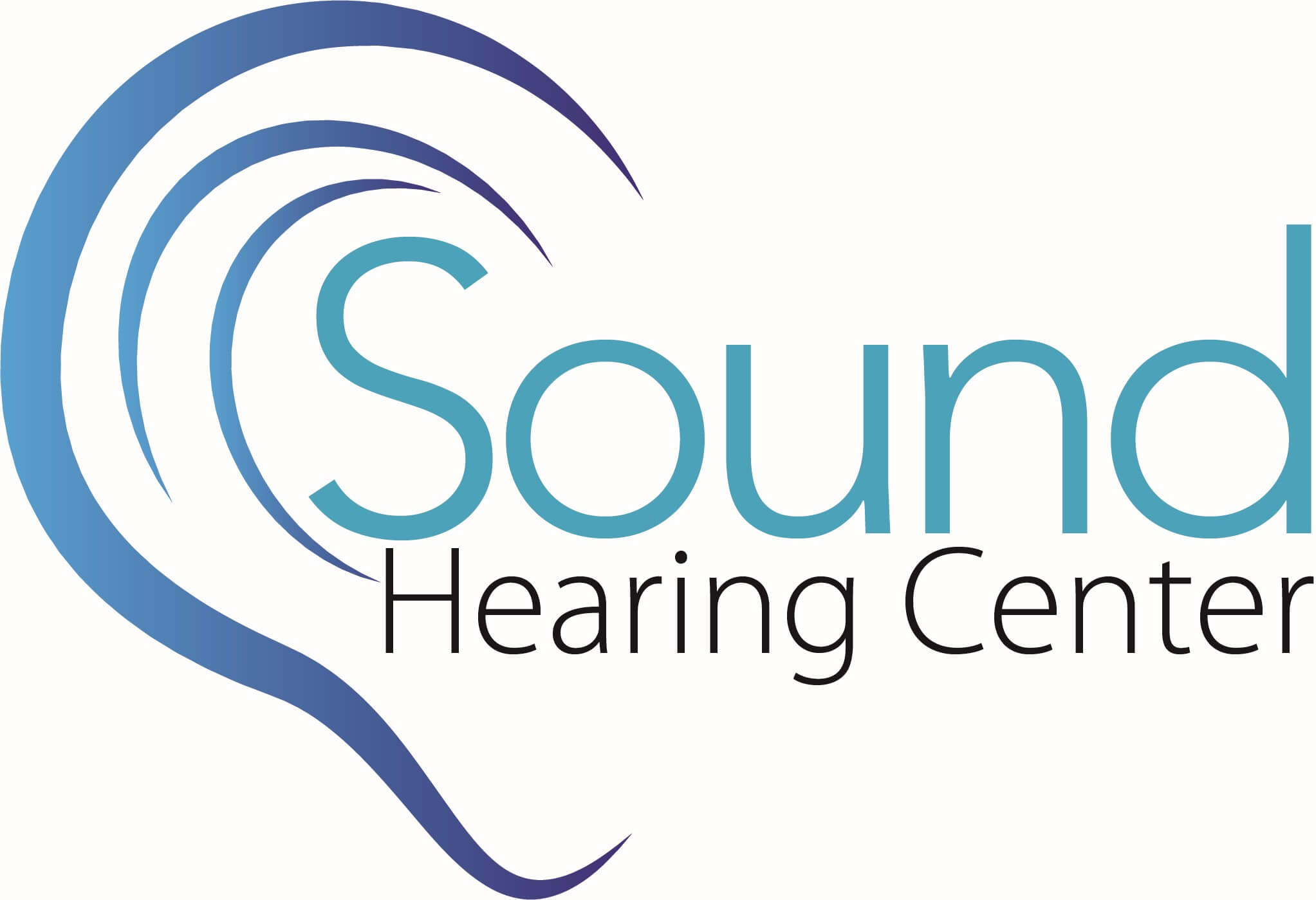Summer is a season of outdoor fun, adventures, and social gatherings. However, it also presents unique challenges to maintaining ear health. From exposure to loud noises at concerts and festivals to the potential for ear infections from swimming, the summer months can take a toll on your ears. Let’s review some practical tips and strategies to protect your ears and hearing health throughout the summer season.
Understanding Summer’s Impact on Ear Health
Summer activities can pose several risks to your ear health:
- Loud Noises: Outdoor concerts, fireworks, and festivals can expose your ears to dangerously high noise levels, leading to temporary or permanent hearing loss.
- Water Exposure: Swimming in pools, lakes, and the ocean increases the risk of ear infections, commonly known as swimmer’s ear, due to bacteria in the water.
- Humidity and Heat: Increased humidity and heat can cause moisture buildup in the ears, potentially leading to fungal infections or exacerbating existing ear conditions.
Protecting Your Ears from Loud Noises
Loud noises are prevalent during the summer. Protecting your ears from these sounds is one of the best things you can do for your hearing health in the summer:
- Wear Ear Protection: Invest in high-quality earplugs or noise-canceling headphones to protect your ears at concerts, festivals, and fireworks displays. These devices can significantly reduce noise exposure while still allowing you to enjoy the event.
- Maintain Safe Distances: Keep a safe distance from loudspeakers and other sources of loud noise. Standing too close to speakers can amplify sound levels and increase the risk of hearing damage.
- Limit Exposure Time: Give your ears regular breaks from loud environments. If you spend extended periods in noisy settings, step away periodically to allow your ears to recover.
Preventing Swimmer’s Ear and Other Infections
Water activities are a staple of summer fun, but they can also lead to ear infections:
- Use Earplugs for Swimming: Waterproof earplugs designed for swimming can help keep water out of your ears, reducing the risk of infections. They are particularly useful in natural bodies of water where bacteria levels may be higher.
- Dry Your Ears Thoroughly: After swimming, dry your ears thoroughly using a towel. You can also tilt your head to each side to help the water drain out. Avoid inserting objects like cotton swabs into your ears, as they can push water deeper and cause irritation.
- Use Eardrops: Over-the-counter eardrops designed to dry out excess moisture can help prevent infections. These drops are especially helpful after swimming.
Managing Heat and Humidity
Summer heat and humidity can contribute to ear problems, especially for hearing aid users:
- Keep Your Ears Dry: Moisture buildup can lead to infections. Make sure to dry your ears after sweating or exposure to humidity.
- Clean Hearing Aids Regularly: If you use hearing aids, clean them regularly to prevent moisture buildup and ensure they function properly. You can also use a dehumidifier or drying kit to help keep them dry.
- Stay Hydrated: Staying hydrated helps regulate body temperature and reduces the risk of ear canal irritation caused by dehydration.
General Tips for Ear Health During Summer
Beyond specific risks, maintaining general ear health is essential:
- Avoid Inserting Objects: Avoid inserting objects like cotton swabs or fingers into your ears, as this can cause damage and push debris deeper into the ear canal.
- Be Cautious with Earbuds: If you use earbuds for music or calls, keep the volume at a safe level to prevent hearing damage. Prolonged use of earbuds at high volumes can lead to noise-induced hearing loss.
- Regular Check-Ups: Schedule regular check-ups with a healthcare provider to monitor your ear health, especially if you experience any discomfort or hearing changes.
Visit Us for A Hearing Test
Summer is a time for fun and relaxation, but it’s important to take steps to protect your ears and maintain healthy hearing. By wearing ear protection at loud events, preventing swimmer’s ear, managing heat and humidity, and following general ear health tips, you can enjoy all the activities summer has to offer without compromising your hearing.
If you or a loved one experience any issues with your ears or hearing during the summer visit us for a hearing test. Taking proactive steps to manage your hearing will help ensure a season filled with enjoyable sounds and experiences.

